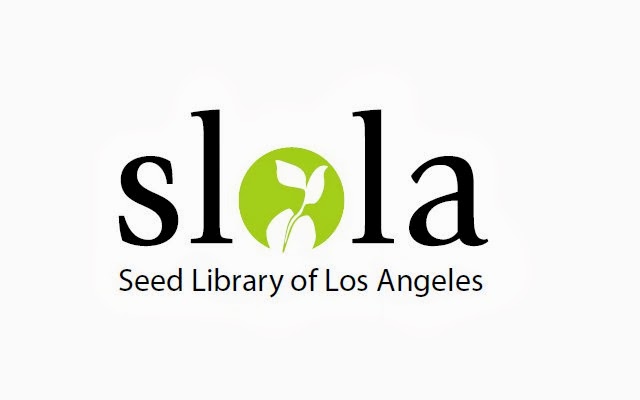(Reuters) - A top
Mexican government official said Thursday that the long-awaited but
highly controversial approval of genetically modified (GM) corn
fields on a commercial scale will drag into next year.
El Presidente
Felipe Calderon was scheduled to approve a commercial scale planting
of Genetically Engineered corn in Mexico, but now it appears he will
leave office without giving the project his blessing. Incoming President-elect Enrique Pena Nieto, will be inaugurated on December
1st and his aides have indicated the approval is not expected for
up to five months after that date.
This presents us,
the anti-GMO forces, with a small slice of time to derail this
approval. Mind you, I don't know if anything of the kind is in the
realm of possibility, but I do know this has got to be our goal.
This task, whether or not it is possible, has got to be the focus of
everyone who harbors doubts about the veracity of human meddling in
the DNA of our food. Mexico is home to the birth of corn, which
means it is also home to a diversity of corn that is not possible to
fathom; we do not know what there is to loose.
The government of
Mexico is undoubtedly being offered economic bonuses to make this
happen. But they should be wary: It is the Devil's bargain. For a
few pesos, the amount of money is not relevant, Nieto can sell the
pride of his county into a new, and more deadly, colonialism that
will bankrupt the economy and throw the pride and dignity of Mexico onto a dung heap from which it may take another hundreds of years
from which to recover.
Look at the
business plan of genetically modified food production. You buy the
seeds (or, as a drug dealer might suggest, “the first one is
free...”) and plant them. You have to also buy the inputs
necessary to make that crop produce. Look who sells the inputs!
Whether the farmer gets a crop or not, he (or she) must invest in
new seed next year and all the attending inputs. Mexico
is betting these seeds, with all the fertilizers and pesticides, will
produce enough food to make the bargain profitable. It doesn't.
A
fifteen year study done by the US Department of Agriculture, itself
practically a branch office for Monsanto, showed that genetically
engineered corn did NOT out-produce the GM corn to any real degree.
So, all of those inputs and their expense, were for naught. And this
is the scenario President-elect Nieto considers throwing his
county's farmers into. We also know the number of Indian farmers
that have committed suicide after making this Devil's deal with GM
cotton. The first bad harvest, the wife takes off her jewelry to
sell for fertilizers and pesticides. The second year, with no jewelry left, the families go into
debt and it's a debt many cannot recover from. Is this not just a
chemical process of subjugation that imitates the slavery of
colonialism?
But
the stakes are so much higher than that. If countries were assigned
wealth according to their genetic resources, Mexico would be one of
the wealthiest countries in the world. Corn, one of the most
important food crops of our world, has it's origin in Mexico.
Nikolai Vavilov identified Mexico as one of the most important
centers of origin of food because of the tremendous diversity of
corn. This diversity is threatened by the introduction of
genetically engineered corn.
When
Monsanto was asking for FDA approval for their unproven product, the
genetically altered corn, they stated in their application that corn
pollen was viable for five miles. This figure is important because
it lets one know how far away from the genetically engineered product
a farmer must be if that farmer wishes to have none of the altered
genes in his corn.
The
figure, like so much of what Monsanto claims, was a lie. Research
since then has demonstrated that corn pollen can be viable up
to twenty miles from the source,
or, four times as far as Monsanto had reported. Mind you, this
figure represents ideal conditions, but until we can predict
conditions in the future with pinpoint accuracy, this is the figure we have to have and use.
With
the diversity of corn throughout Mexico, we cannot allow genetically
modified pollen to spread through those fields! The DNA of every
cell of the Monsanto (and allied corporations) corn plant, is modified, or
engineered and therefore the pollen's DNA is also altered and
whatever qualities has been engineered into the altered corn, will
become manifest in the corn of Mexico. Imagine the so-called
terminator gene being let loose in Mexico! Thousands of years of
corn breeding could be terminated if that pollen was let loose.
It
would be far worse than all the Spanish conquistadoras combined.
It
would be a scar on Mexico's soul that nothing could ever heal.
It
would be the Rape Of Mexico.
We cannot
sit idly by and allow this to happen.
david
david








